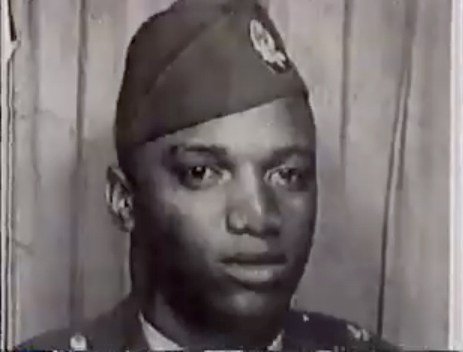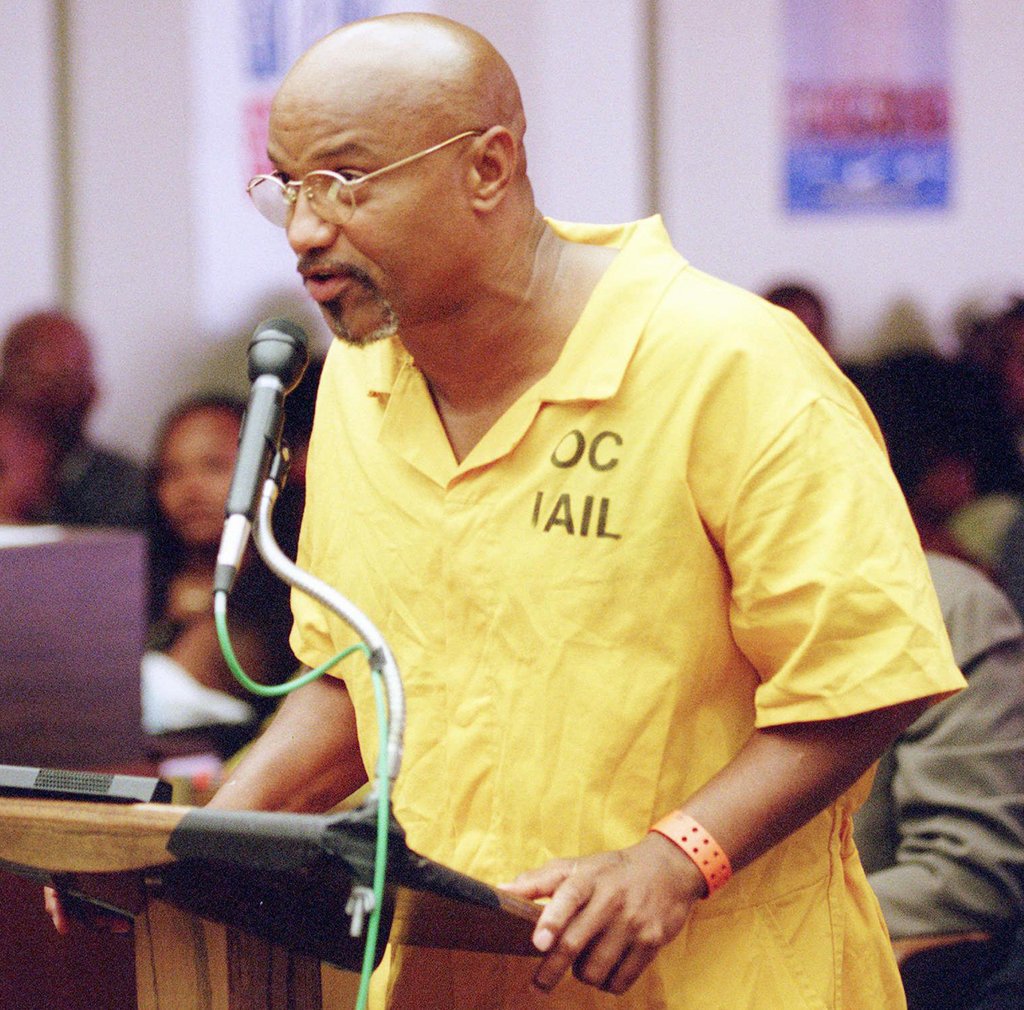Elmer “Geronimo Ji Jaga” Pratt was a decorated soldier who served two combat tours in Vietnam before he left the army and studied political science at University of California, Los Angeles. He became politically active and was recruited into the Black Panther Party where his years in the army proved useful and rose to become Deputy Minister of Defense.
He was born on September 13, 1947, in Louisiana, and was the youngest of seven children raised by Catholic parents who operated a small scrap-metal business.
Pratt was arrested after the 1968 murder of a 27-year-old elementary school teacher, Caroline Olsen, perpetrated by two men on a tennis court during an $18 robbery in Santa Monica, California. In 1972, the FBI used a secret informant to help convict Pratt of a murder he did not commit.
The prosecution’s case was based on the testimony of two witnesses: Kenneth Olsen, the surviving victim and husband of the murdered teacher who identified Pratt as the killer and Julius Butler, a disgruntled Black Panther Party expellee who testified through a letter that Pratt had told him he was involved in the murder.
On July 28, 1972, the jury found Pratt guilty of first-degree murder, assault with intent to commit murder, and two counts of robbery. Pratt had maintained throughout his trial that he was in Oakland during the night of the murder.
Subsequent to his conviction, Pratt’s attorneys discovered that numerous pieces of exculpatory evidence existed. Members of the state prosecution team and agents of the Federal Bureau of Investigation (FBI), who were cooperating with the team, were aware of this evidence at the time of trial.
The important fact withheld from Pratt’s trial was the very existence of COINTELPRO, an acronym for an FBI counterintelligence program that secretly worked to discredit and disrupt Black movement, particularly the Black Panther Party in the 1960s and 1970s. Edgar Hoover, the then FBI director believed that the Panthers were “the greatest threat to the internal security of the country”, and this was his move to eliminate its leaders.
Information that was obtained by Pratt’s lawyers revealed that, due to his role as Deputy Minister of Defense of the Southern California chapter of the BPP, Pratt was labeled a “Key Black Extremist.” Also, an FBI memo from early 1970 stated: “Operation Number One is designed to challenge the legitimacy of the authority exercised by Elmer Geronimo Pratt,” while other documents stated that Pratt was to be “neutralized.” So, Caroline Olsen’s death provided the government with a perfect tool to get Pratt off the streets forever.
A United States Senate committee that investigated and subsequently condemned COINTELPRO found that FBI agents wrote false letters, printed false pamphlets, and used other similar tactics to spread lies about target individuals and groups in ways designed to discredit them and disrupt their operations.
The agency had put Pratt under surveillance and knew through wiretaps that he was in Oakland, more than 300 miles away, attending Black Panther Party meetings in December 1968, when the schoolteacher was fatally shot in Southern California. But evidence that might have supported Mr. Pratt’s alibi mysteriously vanished from files. The FBI claimed to have misplaced the records of those calls.
Years after Pratt’s conviction, however, FBI documents released under the Freedom of Information Act revealed that the key witness (Butler) had been providing information to the bureau and to Los Angeles police for at least three years before Pratt was tried. Also, the FBI wiretaps that had been pronounced missing surfaced and again confirmed Pratt’s presence in Oakland.
Butler’s activities as an informant for the Los Angeles Police Department and the FBI became critical pieces of evidence in Pratt’s successful attempt to have his conviction reversed.
Butler had denied on the witness stand about being an informant, but FBI documents released in 1979 disclosed that he had 33 documented meetings with agents before Pratt’s trial.
It also came to light that neither the jury nor Pratt’s lawyers were aware at the time of trial that Mr. Olsen had originally identified another man as his wife’s killer. In fact, the first man Olsen identified as the assailant had been in jail the night the incident occurred.
In 1997, a California Superior Court judge vacated Mr. Pratt’s conviction on the grounds that Julius Butler had lied about being a government informant. Moreover, it was learned that the Los Angeles Police Department, the FBI and prosecutors had not shared with the defense their knowledge that Mr. Butler was an informant. Pratt ultimately won a $4.5 million civil rights settlement against the FBI and the Los Angeles Police Department.
After his release, Geronimo, who was also godfather to rapper Tupac Shakur, continued to search for ways to contribute to ending the oppression of Black people. He then moved to Tanzania where he joined another ex-Panther in Imbaseni village, nearly 20 miles from the city of Arusha where he spent the rest of his life there using his settlement to help the people until he died from heart attack on June 2, 2011.















